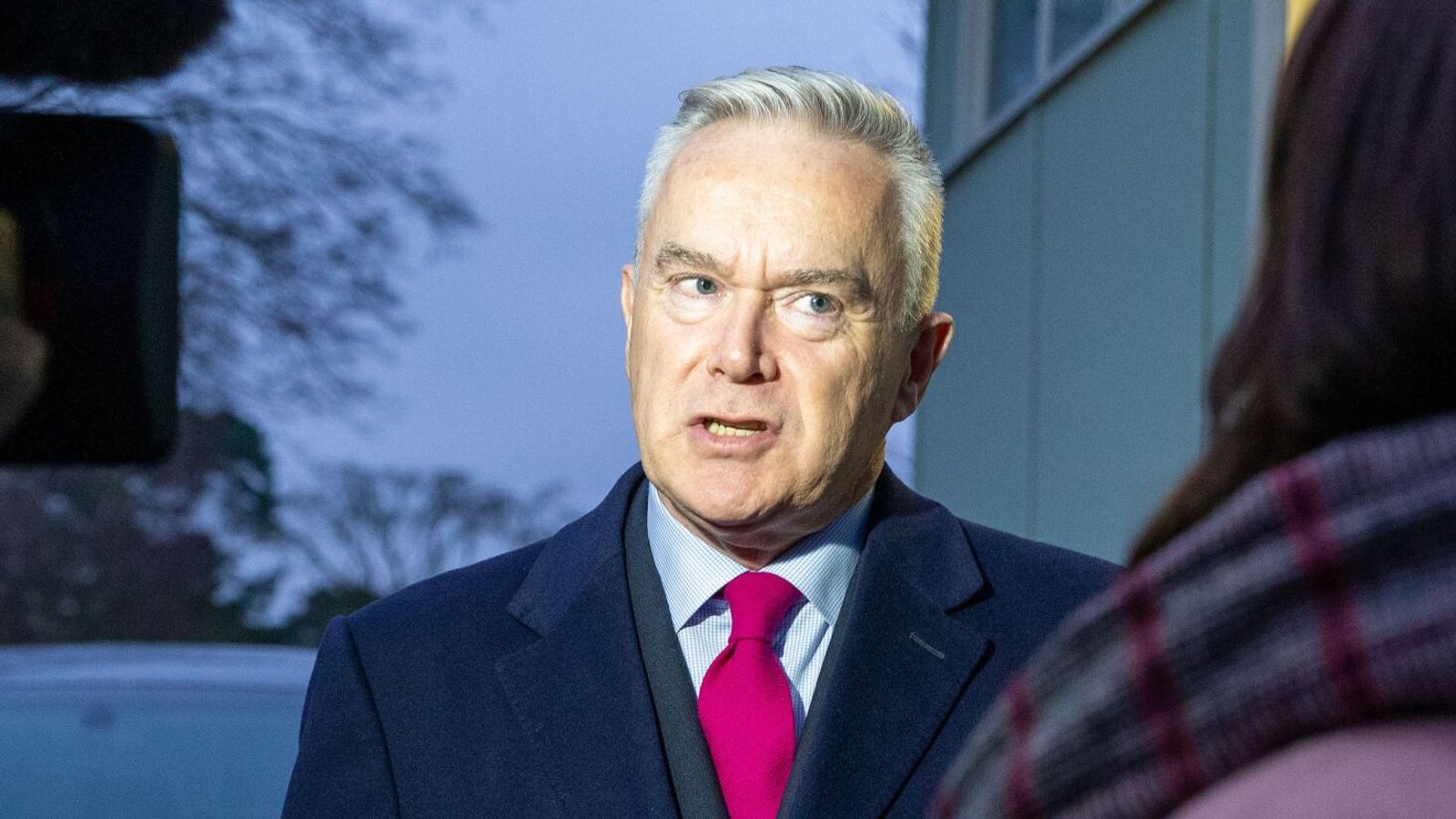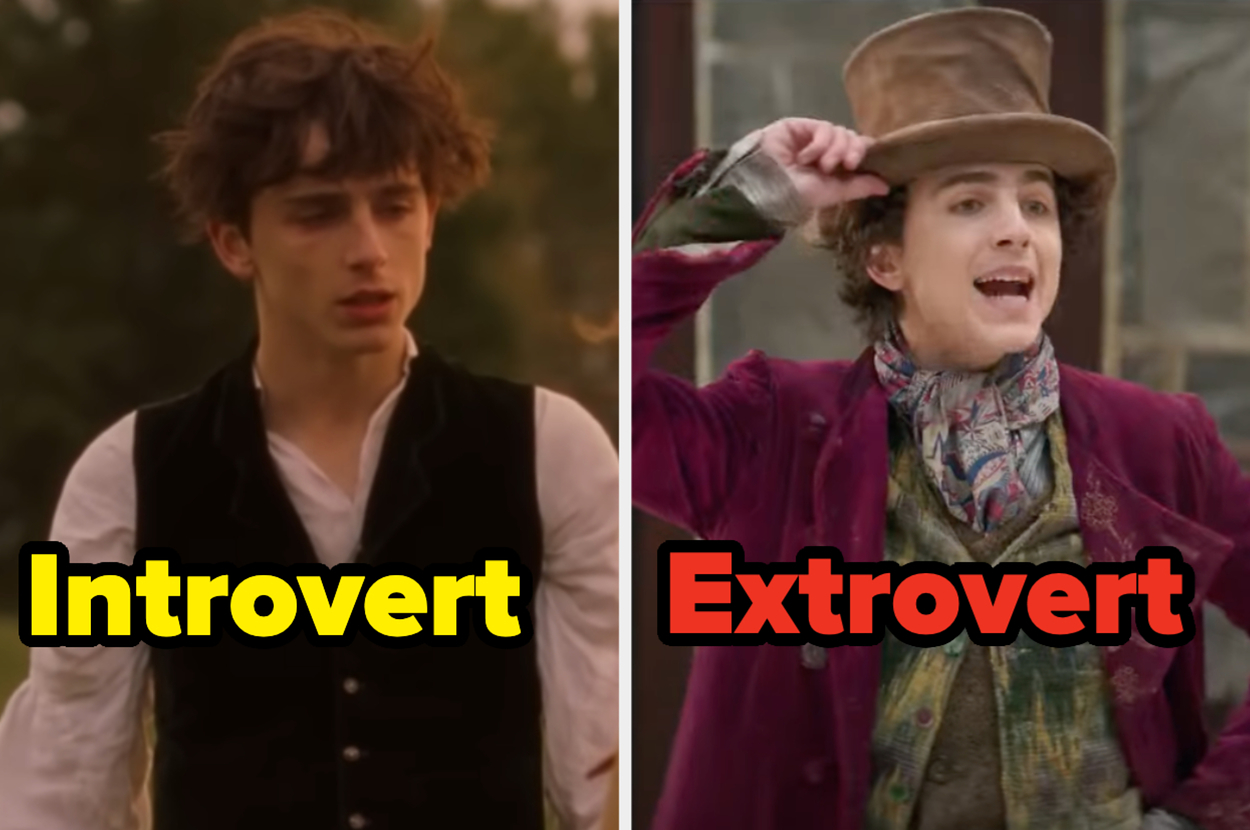BBC boss Tim Davie says the corporation has been in touch with the family of a person at the centre of allegations surrounding Huw Edwards.
Speaking at a pre-arranged Lords Communications Committee session on Tuesday, the director-general said: “We have been in touch with the complainant, we want to be engaged and appropriately listening and understanding their concern,” after earlier accusations it did not respond quickly to complaints from the family of the young person.
Mr Davie was also asked about holding the BBC’s high-paid talent to account, responding: “I think the the history of this industry is such that we should all be concerned and appropriately diligent around the abuse of people in powerful positions”.
He went on to say he was “proud” of the corporations code of conduct and values, calling the whistleblowing process by which staff can confidentially report concerns to an external support at work line “a safe place”.
He also confirmed to peers that high-profile presenters at the corporation have a clause in their contract about not bringing the BBC into disrepute.
Huw Edwards – who is the BBC’s highest earning newsreader – was accused of paying a teenager thousands of pounds for sexually explicit photos.
The family of the young person had originally complained to the BBC in May, but allegations were not put to the presenter, or flagged to senior executives – including Mr Davie – until seven weeks later.
Mr Davie, along with acting chairwoman Dame Elan Closs Stephens and policy director Clare Sumner, faced questions about the “adequacy” of the corporation’s governance arrangements and was asked to give updates on the progress of two reports, following the controversy.
The BBC is carrying out “fact-finding investigations” into Mr Edwards, as well as a review to “assess how some complaints are red flagged up the organisation”.
Elaborating on the BBC’s complaints process, he said a serious allegation would be passed on to its corporate investigations team where it would be assessed by “very experienced people”, and that from there “it could lead to a fact finding and disciplinary or it might go to the authorities, or it might be dropped”.
Addressing fact-finding probe into Mr Edwards, Mr Davie highlighted the “difficult concerns” involved and appealed for anyone with information to get in touch, saying: “We’re keen to receive any information because we just want to understand anything that’s out there”.
As for a timeline of the delivery of the fact-finding report, he said: “It could take weeks or it could take a couple of months, or even longer.”
With regard to the second review of the BBC’s protocols and procedures in light of events, Mr Davie said: “We are doing that work immediately,” adding that it would be delivered in “the autumn, maybe late autumn”.
Allegations that Huw Edwards paid a teenager more than £35,000 for sexually explicit photos were first published in The Sun on Friday 7 July. The paper did not name him at the time.
Five days later, the Metropolitan Police said they did not believe any criminal activity had taken place and would be taking no further action.
Following intense speculation over the identity of the BBC presenter, Edwards’ wife, Vicky Flind, confirmed him as the man at the centre of the allegations.
In a statement, she said he was “suffering from serious mental health issues” and was “receiving in-patient hospital care”.
The Sun – who say they never alleged criminality – say they have no plans to publish further allegations against Edwards.
Edwards, who has since been suspended, is also facing separate allegations from several other people in their early 20s.
Read more:
Who is Huw Edwards?
Was The Sun right to publish allegations?
What friends and colleagues have said about Huw Edwards
As the face of BBC News At 10, the 61-year-old has previously led election night coverage, and broke the news of Queen Elizabeth II’s death. He was last on air on Wednesday 5 July, covering King Charles’ visit to Scotland.
The young person at the centre of the controversy has since said – via their lawyer – that their mother’s claims are “rubbish,” and that “nothing inappropriate or unlawful” had taken place.
At the weekend, Sir Tony Blair told Sky’s Sophy Ridge on Sunday that the BBC should “stand up for itself more” when asked about its response to the situation.
Some have questioned The Sun’s decision to publish the original story, and the balance between publishing in the public interest versus the right to privacy has been thrust firmly into the spotlight.







